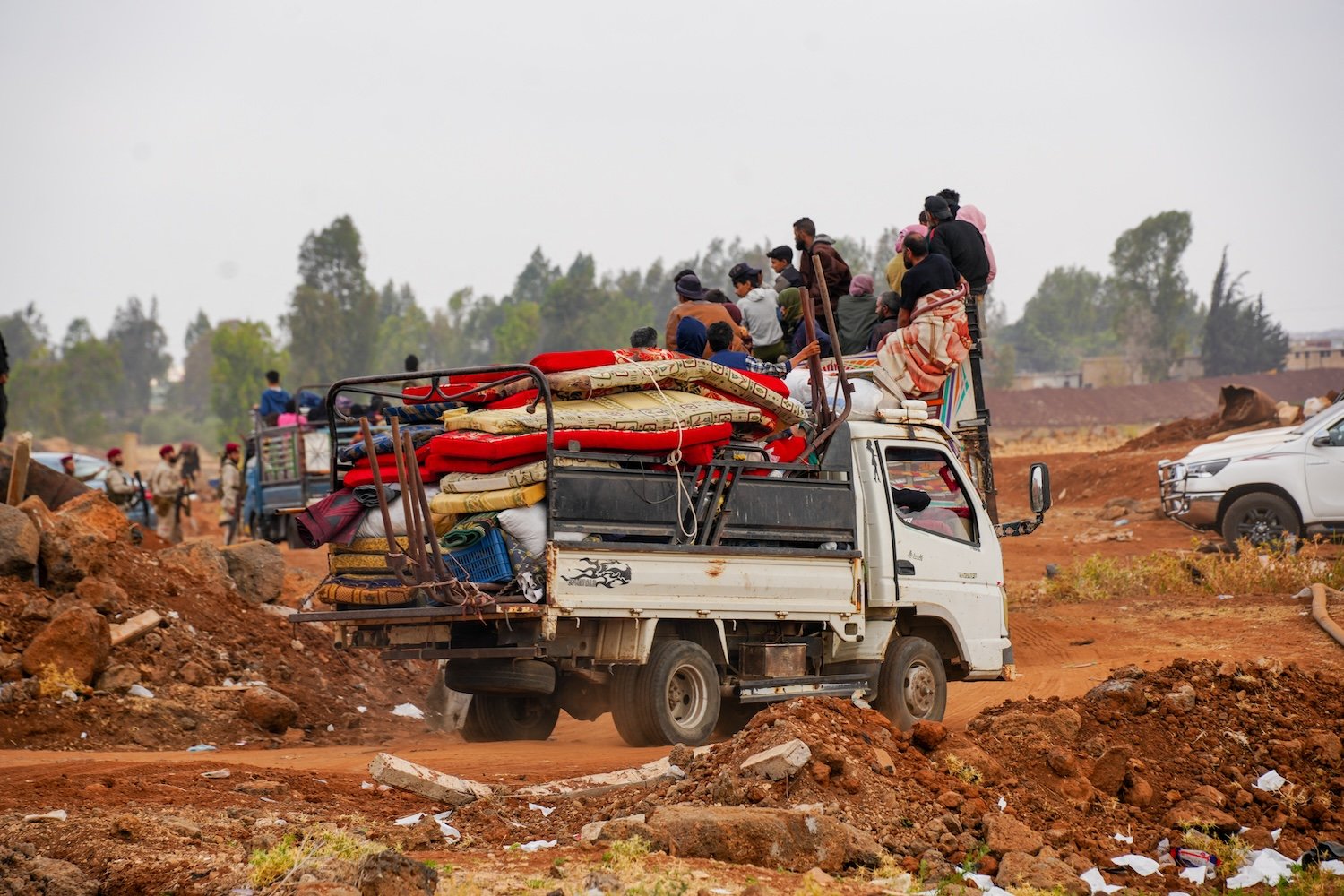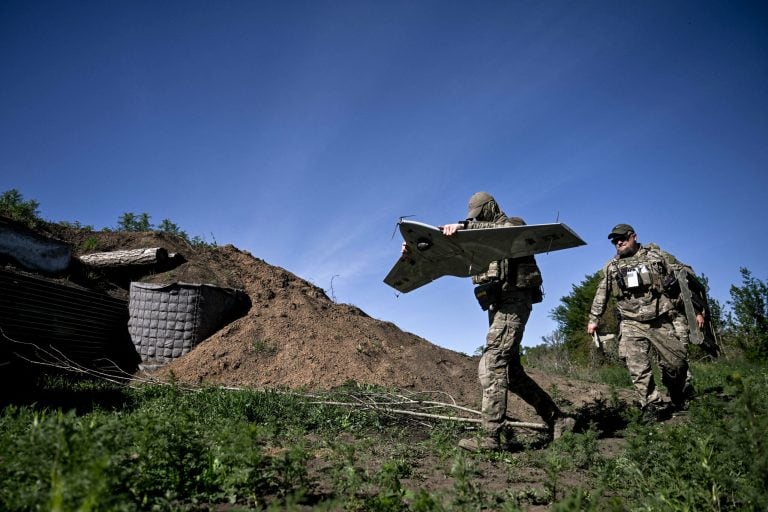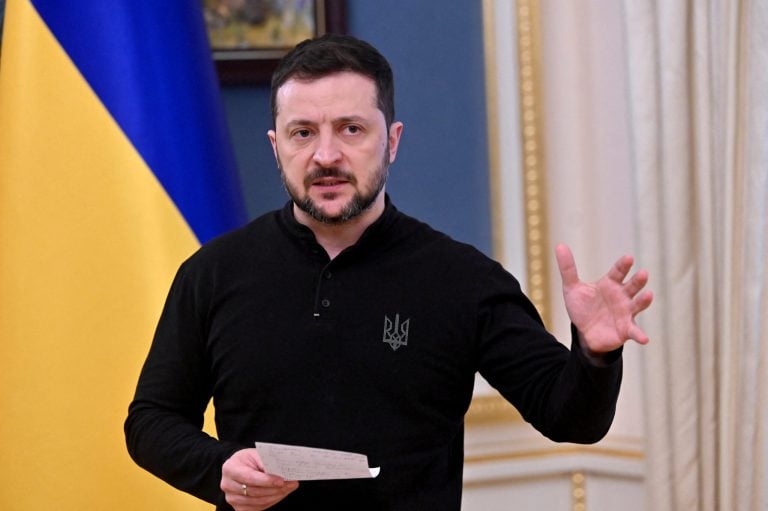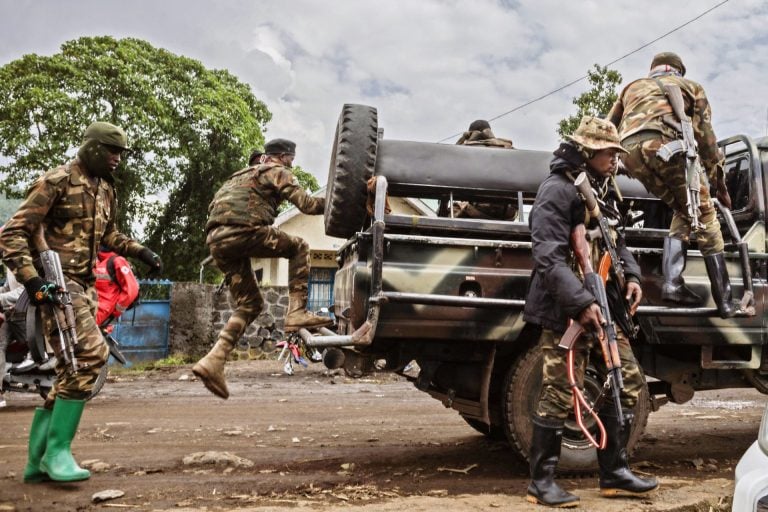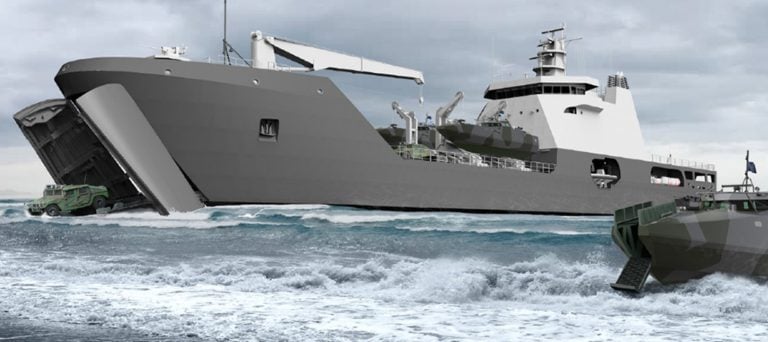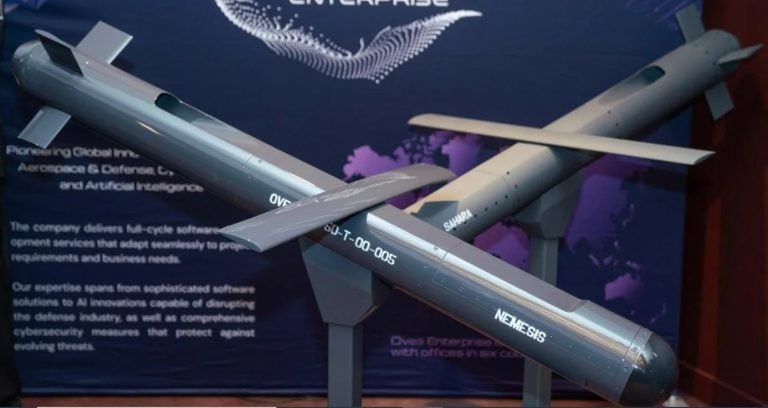In a recent address, Syrian President Ahmed al-Sharaa emphasized the need for unity in a country ravaged by years of civil war, stating that this unity should not come at the cost of bloodshed. His comments were broadcast on state television and aligned with ongoing tensions in the southwestern province of Sweida, where hundreds have recently demonstrated against sectarian violence and advocated for self-determination for the predominantly Druze region.
During a dialogue session with officials from the northwest province of Idlib, Sharaa reiterated that Syria must resolve its divisions through understanding rather than military force, expressing that the nation is exhausted from conflict. He firmly rejected the notion of partitioning the country, asserting, “I do not see Syria as at risk of division. Some people desire a process of dividing Syria… this matter is impossible.”
Sharaa also accused external forces, particularly Israel, of trying to exploit the situation in southern Syria for their own interests. “Some parties seek to gain power through regional power, Israel or others. This is also extremely difficult and cannot be implemented,” he stated. The backdrop for this discussion includes recent clashes in Sweida that began in mid-July, which involved Druze fighters and Sunni Bedouin and quickly escalated to involve government forces and airstrikes from Israel.
Protests in Sweida saw demonstrators waving the Israeli flag while calling for regional self-determination. Sharaa condemned the violence, acknowledging various violations committed during the conflict. He indicated that both Syrian security forces and army personnel may have been involved in abuses, including summary executions, highlighting the need for accountability for all perpetrators, regardless of their affiliation.
Moreover, he pointed out Israel’s direct intervention in the region, suggesting that its actions are aimed at destabilizing the Syrian state under the guise of protecting the Druze community. Israel has maintained that its operations in southern Syria are focused on safeguarding this minority group while enforcing demands for demilitarization.
In parallel developments, Syria’s leadership is engaging in discussions with a semi-autonomous Kurdish administration that governs parts of northern and northeastern Syria. These talks address a March 10 agreement aimed at integrating Kurdish civil and military frameworks into the Syrian state, but progress has been hindered by ongoing disagreements.
Sharaa mentioned that the parties are currently exploring mechanisms of implementation for the integration deal, signifying the complexity of the situation in a country still grappling with the legacies of war and the quest for national cohesion.
